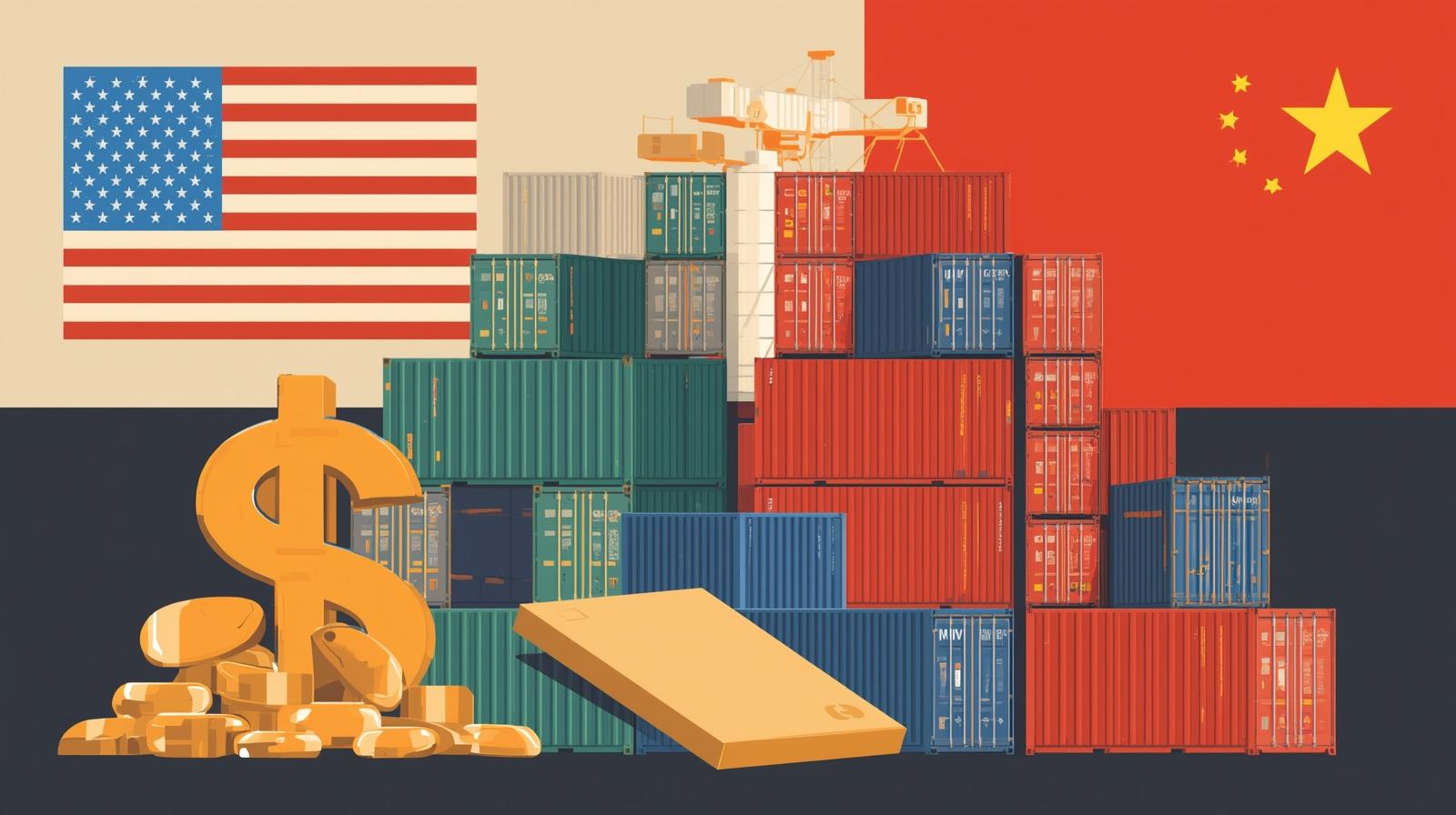Experts warn that the Trump administration faces challenges in handling China, while expanded export controls raise concerns for global industries
ising Tensions Between the United States and China
Relations between the United States and China have entered another period of tension, fueled by trade disputes, geopolitical disagreements, and strategic competition. Analysts argue that the Trump administration is struggling to navigate the complex economic and political dynamics with Beijing.
The latest flare-up occurred on October 9, when China announced an expansion of its restrictions on the export of rare-earth metals. These metals, critical to advanced technologies such as electronics, renewable energy, and military equipment, have made the decision particularly significant for global markets.
What Are Rare-Earth Metals?
Rare-earth metals are a group of 17 elements that play a crucial role in modern technologies. They are essential for the production of smartphones, electric vehicles, wind turbines, and various defense systems. China is the largest producer and exporter of these metals, giving it significant leverage in global supply chains.
By expanding the list of elements under export control, Beijing has heightened concerns about potential supply disruptions. This move is widely seen as both an economic and strategic maneuver, signaling China’s ability to influence global markets.
Implications for the United States
Experts warn that the expanded restrictions could affect US industries reliant on rare-earth metals. Manufacturers of electric vehicles, consumer electronics, and defense systems may face higher costs or supply shortages. The administration faces the challenge of balancing economic interests, national security concerns, and diplomatic pressures in response to Beijing’s actions.
Historical Context of US–China Trade Relations
The US and China have a long history of trade disputes, tariffs, and negotiations. Previous confrontations over intellectual property, technology transfers, and market access have set the stage for ongoing tensions. Analysts emphasize that rare-earth metals are now becoming another point of contention in a broader strategic rivalry.
Responses from Washington and Beijing
The Trump administration has indicated that it is assessing the impact of China’s export controls, with potential responses including diplomatic negotiations, trade restrictions, and efforts to develop alternative sources of rare-earth metals. Meanwhile, Beijing defends its actions as part of sovereign economic management, emphasizing the protection of natural resources and environmental considerations.
Global Impact of Export Restrictions
The expansion of rare-earth metal restrictions is not only a bilateral issue. Industries worldwide rely on these elements, and any supply disruptions could have ripple effects across multiple sectors. Countries dependent on Chinese exports are exploring diversification strategies, including mining projects and alternative supply chains in Africa, Australia, and the United States itself.
Strategic Importance in Technology and Defense
Rare-earth metals are vital for national security, powering advanced weaponry, missile systems, and surveillance equipment. Experts suggest that China’s move could be interpreted as a strategic signal in the broader context of US–China competition in high-tech and defense domains.
Economic Analysis and Market Reactions
Financial analysts have observed immediate market reactions, with increased volatility in commodity prices and concerns over potential shortages. Companies are evaluating inventory levels, supply chain risks, and long-term strategies to mitigate dependence on Chinese exports.
Calls for Domestic Production and Policy Changes
US policymakers are increasingly focused on developing domestic sources of rare-earth metals. Investments in mining, processing technologies, and recycling programs are being considered as ways to reduce reliance on China. Experts highlight the need for a comprehensive strategy that balances economic feasibility, environmental sustainability, and national security.
Long-Term Prospects for US–China Relations
The rare-earth metal dispute exemplifies the broader challenges in US–China relations. Analysts predict that unless both sides engage in meaningful dialogue and strategic planning, tensions may continue to escalate, potentially affecting trade, technology development, and geopolitical stability.
